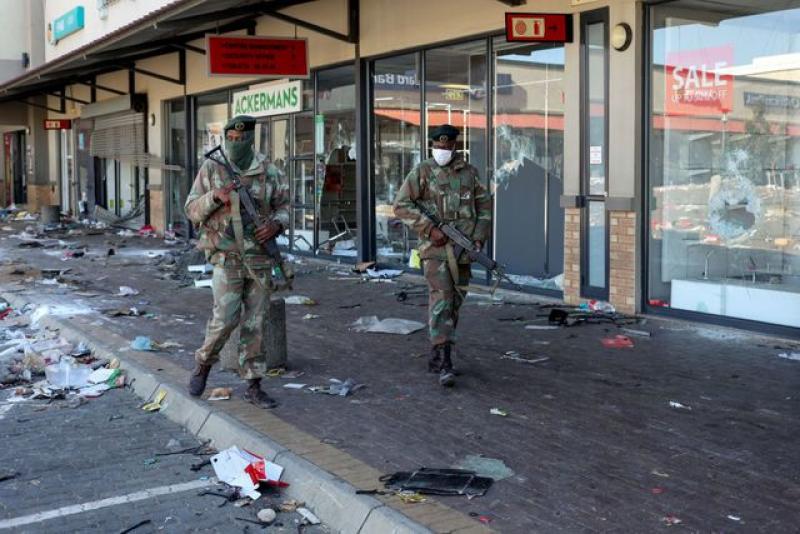
A keen observer would have noticed that the 2007 post-election violence in Kenya was swiftly and routinely replicated in several other African countries.
In South Africa, the violence assumed a xenophobic flavour, with the black populace - propelled by an apparent illusion of exceptionalism - attacking black migrant workers from neighbouring countries, whom they accused of taking away their women, jobs and economic opportunities. These events showed the ease with which violence can metastasise around the continent, especially in this era of global interconnectivity and instant messaging.